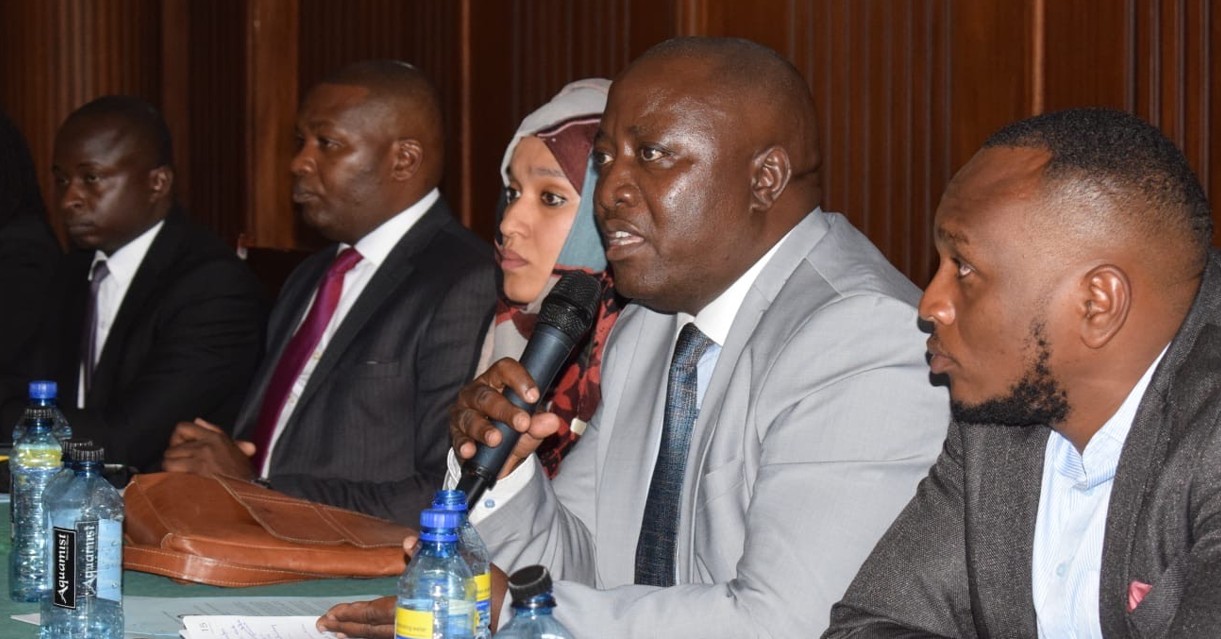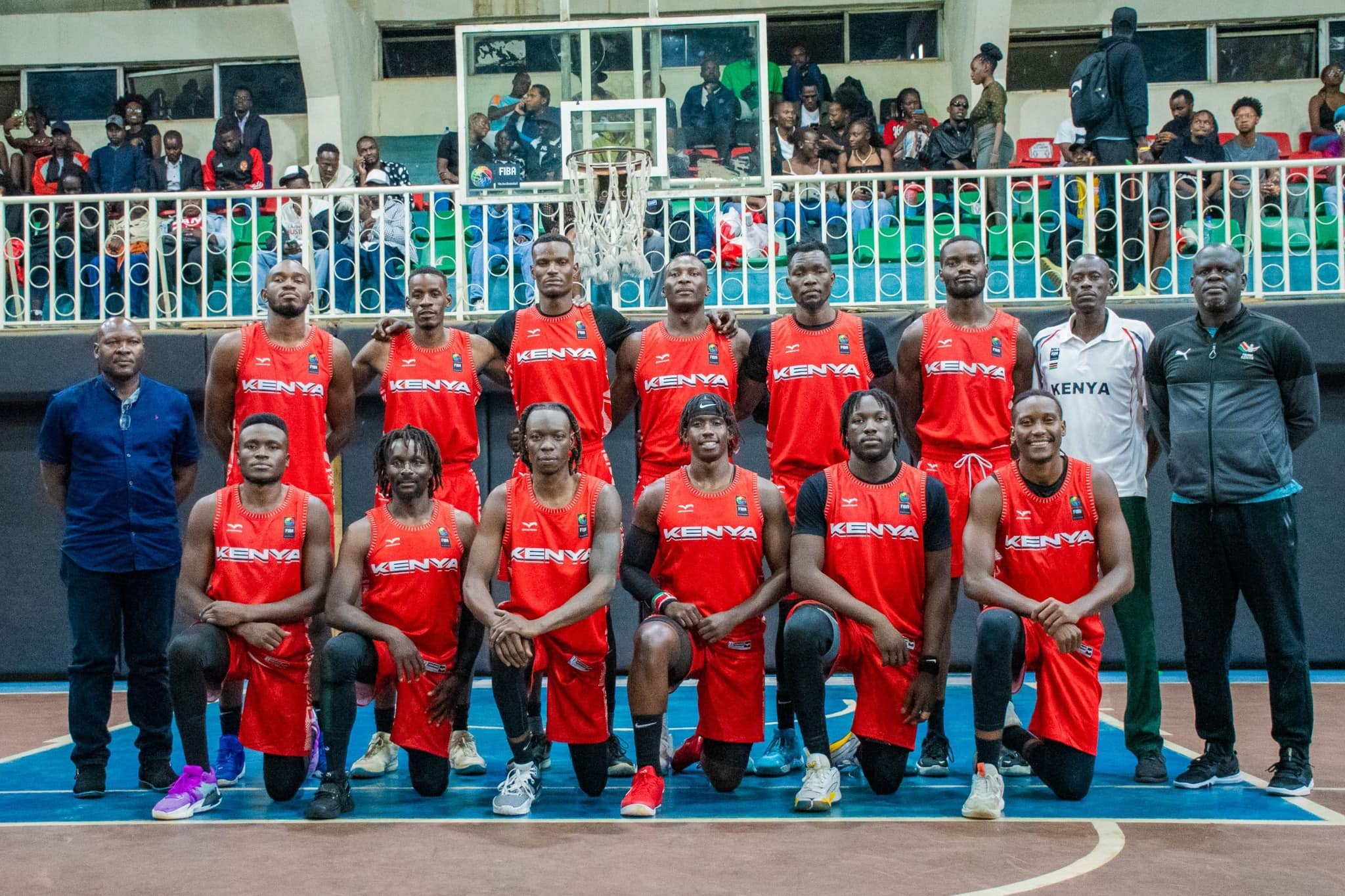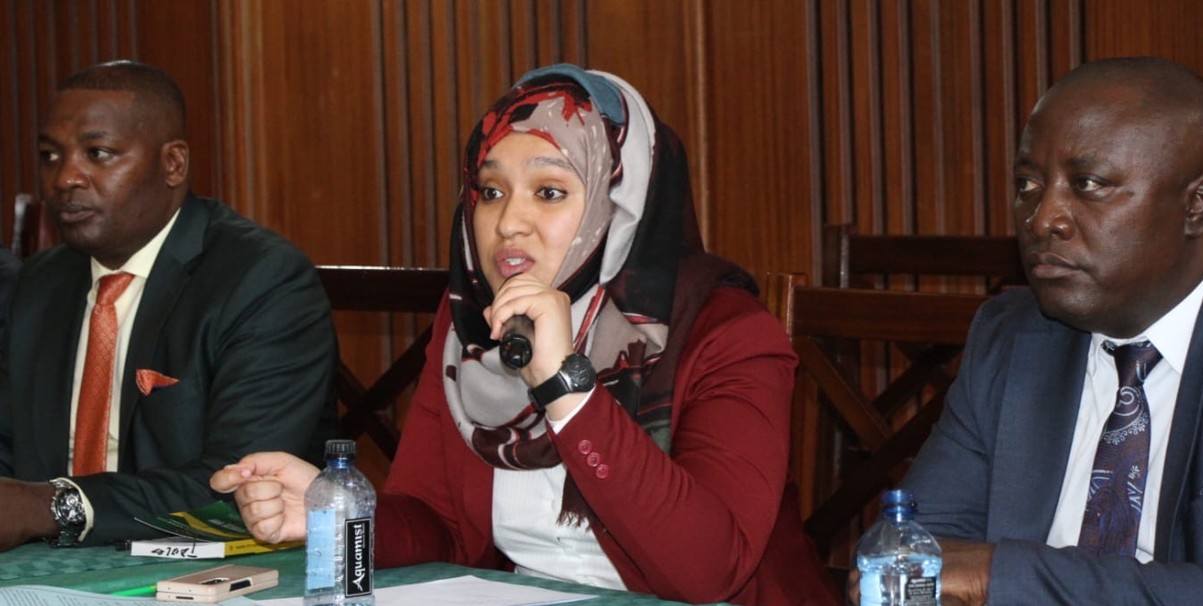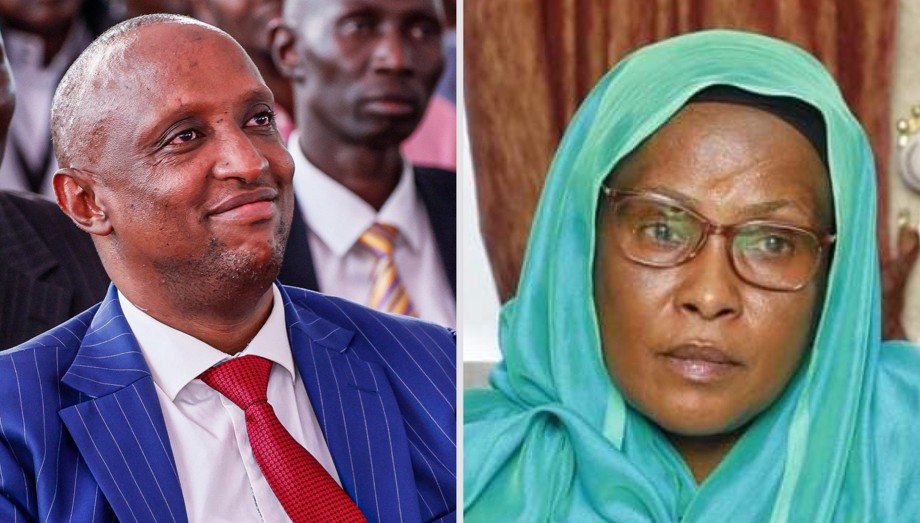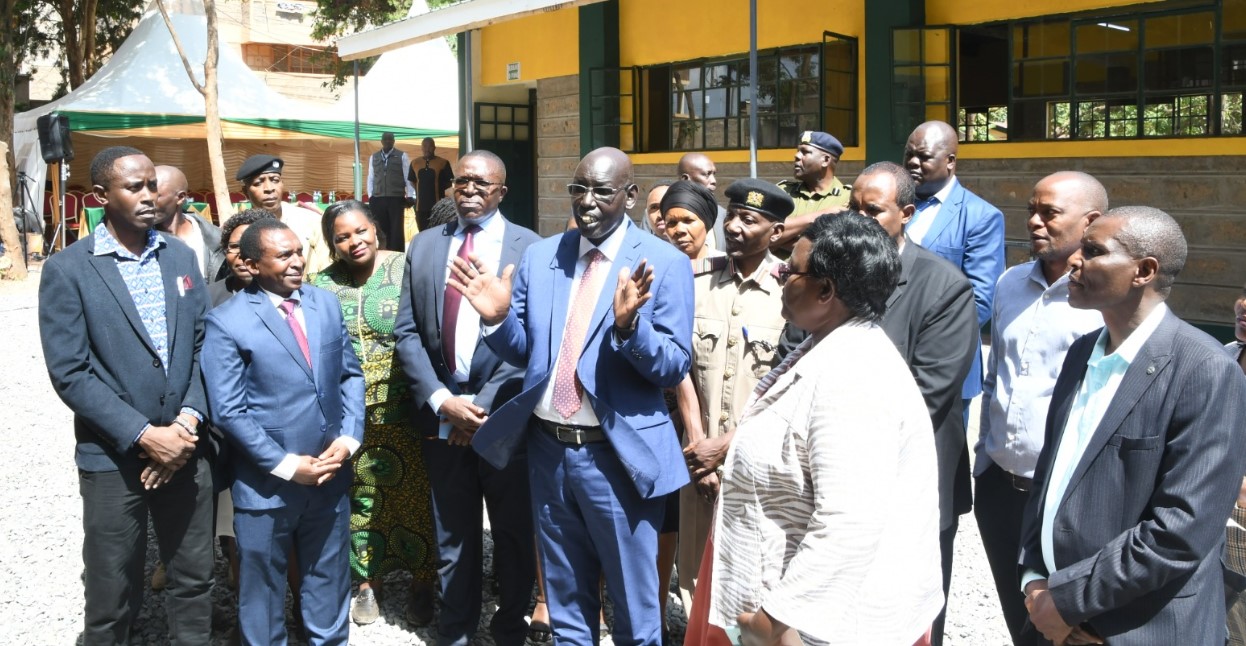Worry as government's threat to curtail freedom of expression on digital spaces surges
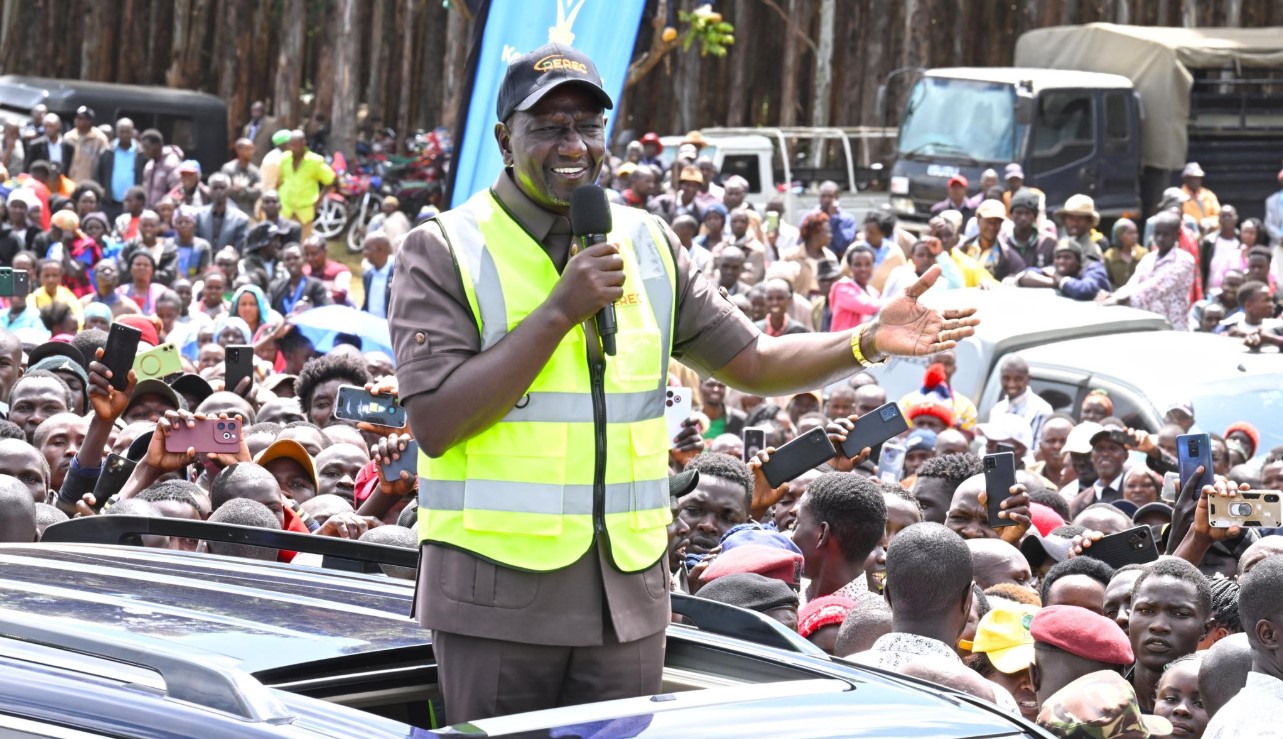
Ruto and his close allies described the social criticism as a serious erosion of morals in Kenyan society.
The increasing threats by state officials to clamp down on social media users expressing their displeasure with President William Ruto's administration has raised concern from rights agitators on the attempts to curtail rights of expression online.
As he wound up a two-day tour of his North Rift home turf on Friday, Ruto slammed youthful Kenyans who have turned social media into the next front for government criticism.
More To Read
Of concern to Ruto is the manipulation of his image and those of other leaders, showing them lying in coffins. The images are mainly generated using artificial intelligence (AI) tools.
The President has been on a whirlwind development tour of Elgeyo Marakwet and Uasin Gishu counties, amidst sharp criticism by digitally savvy young Kenyans who have taken social media by storm with cartoons and silhouettes of Ruto and other government officials.
Ruto and his close allies described the social criticism as a serious erosion of morals in Kenyan society.
Harsh criticism
The President appeared to fight back against what he termed as harsh criticism by young Kenyans and blamed the trend on political leaders whom he claimed were sponsoring the youth for selfish political gains.
During his development tour, Ruto asked the youth to stop the use of the images showing him and other leaders placed in caskets to criticise him, but instead use digital creativity to earn income.
"I want to ask those who are using digital spaces to criticise the government not to be used by selfish politicians to put images of leaders in graves and coffins," the President said during the official opening of Ngeria Technical Training Institute in Kapseret.
Ruto expressed fears that the youths placing images of leaders in coffins might soon become a security threat.
"I want to tell them that today, they will place images of leaders in coffins, and tomorrow they put their parents and then they follow it with their friends and eventually they resort to actual killings," Ruto said.
National Assembly Majority Leader Kimani Ichung'wah claimed the criticism on the internet was bankrolled by a politician and that the online attacks were mere insults.
"Making a lot of political noise online to get paid by politicians will not change your life," the Kikuyu MP said.
Kericho Senator Aaron Cheruiyot also accused unnamed politicians of sponsoring the barrage of anti-government campaigns on social media.
Interior Cabinet Secretary Kipchumba Murkomen has threatened action against Kenyans using social media to troll political leaders and criticise the government.
The CS, who spoke while in the company of Ruto, referred to the AI-generated images which have become a playground for online users who are opposed to the government.
Murkomen cited the recent viral online display of President Ruto in a coffin, reiterating that the AI use was a threat to security and people's lives.
Digital space unity
Mathare Social Justice Centre Coordinator Anami Daudi told The Eastleigh Voice that Kenya's digital space is under real threat from the state and that the political class is angered by how united Kenyans are in the digital space to demand justice, accountability and good governance.
"We have seen state-sponsored bloggers trying to counter active citizens but it has backfired because they can't win against an organic movement online. Now they have weaponised the security forces against active citizens to abduct, maim and torture them," says Anami.
He says the state should respect freedom of expression especially when people differ ideologically.
“If they feel somebody has violated the law, let them charge them in a court of law.”
In her book titled Digital Democracy, Analogue Politics: How the Internet Era is Transforming Politics in Kenya, scholar Nanjala Nyabola explores the emancipation of digital spaces in Kenya. She notes how social media has shaped and influenced 'analogue politics'.
Nyabola unpacks the political impact of new tech and finds that it is deeply ambivalent, nowhere more so than on the issue of ethnic tension, which has been manipulated by politicians to devastating effects in recent years.
She says social media helps people build trust and cooperation across ethnic distinctions but also acts as a channel for hate speech, especially through 'dark social apps' which, by being away from public scrutiny, seem perfectly designed for the purpose.
Top Stories Today

